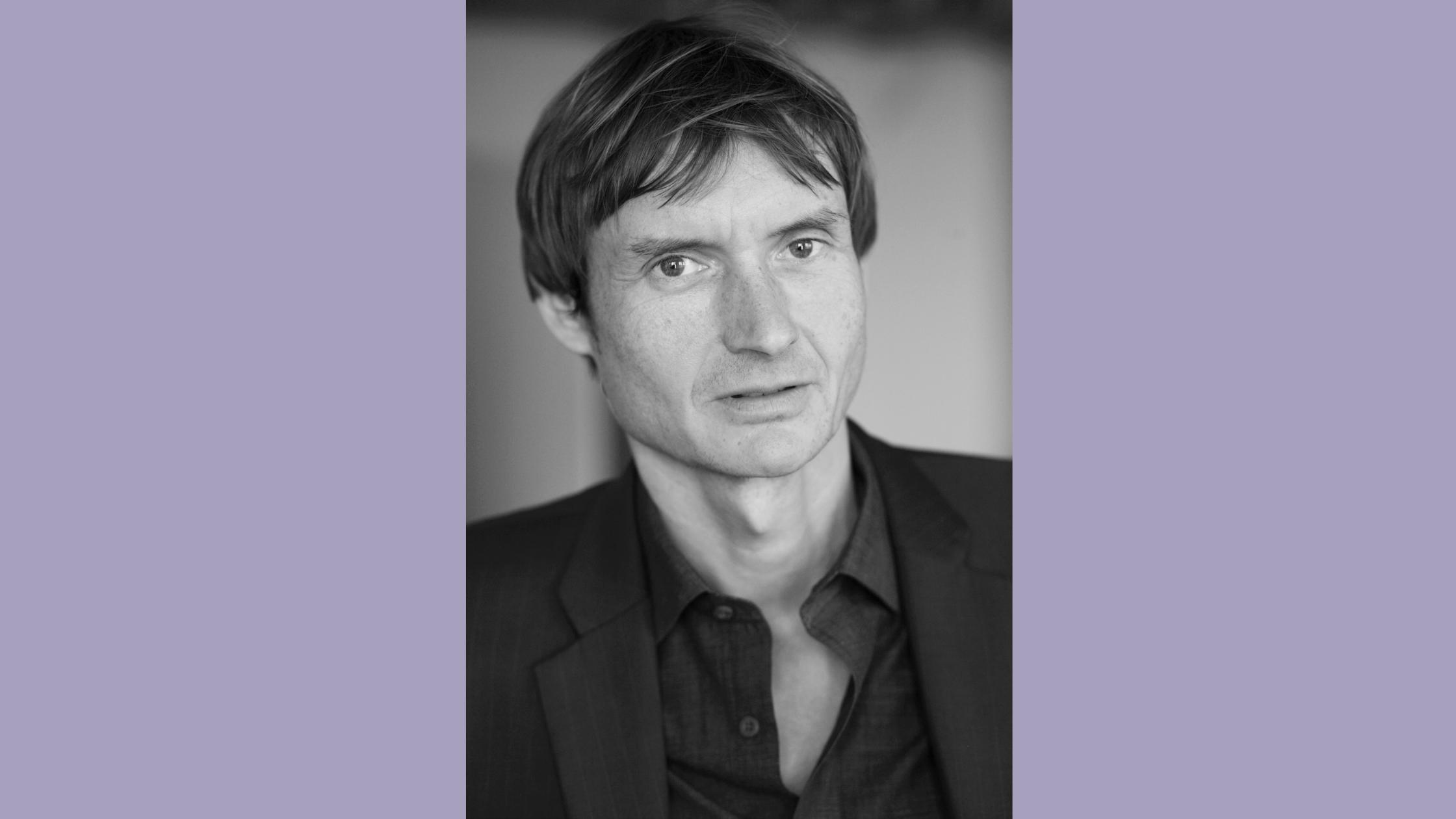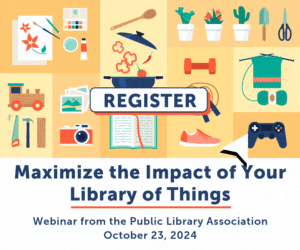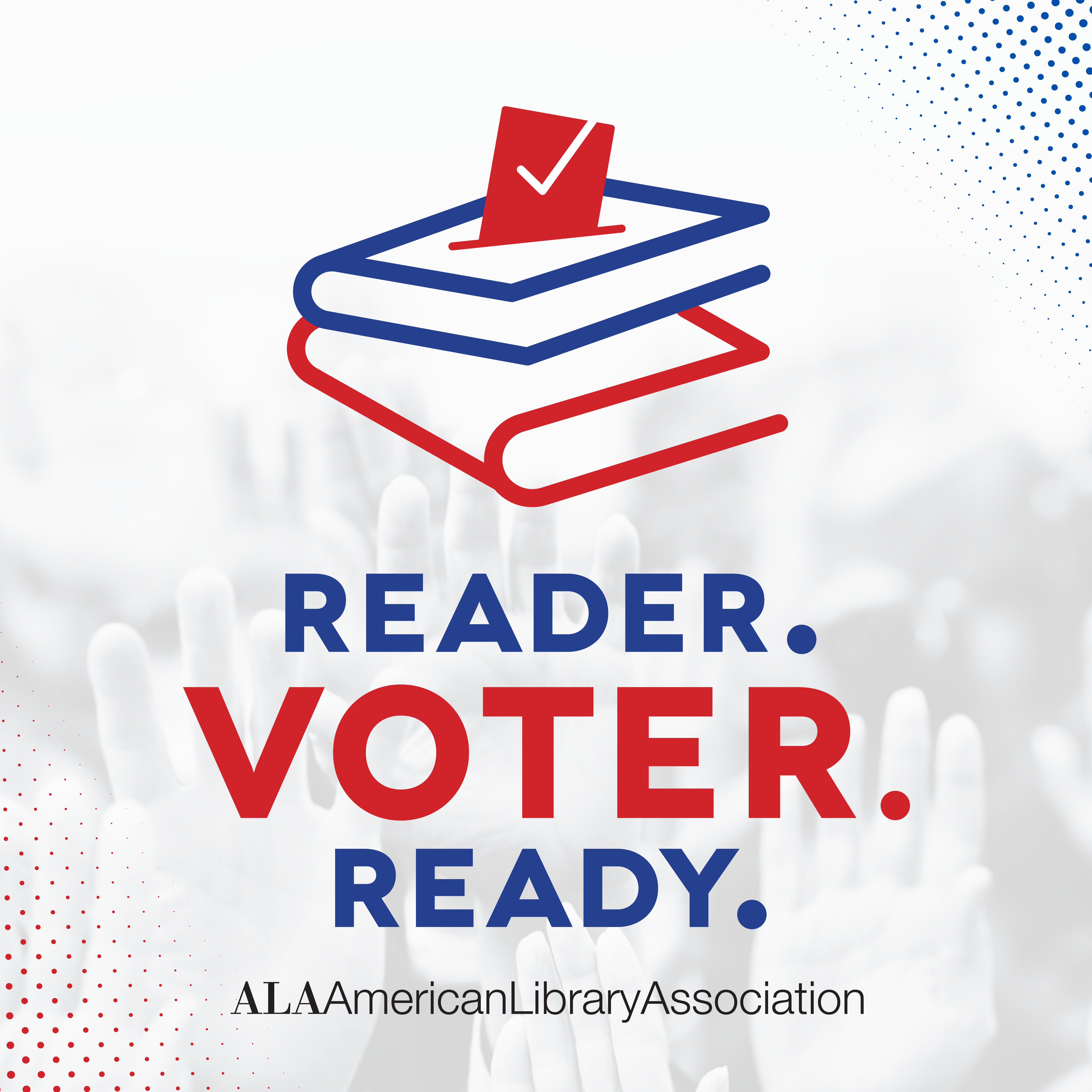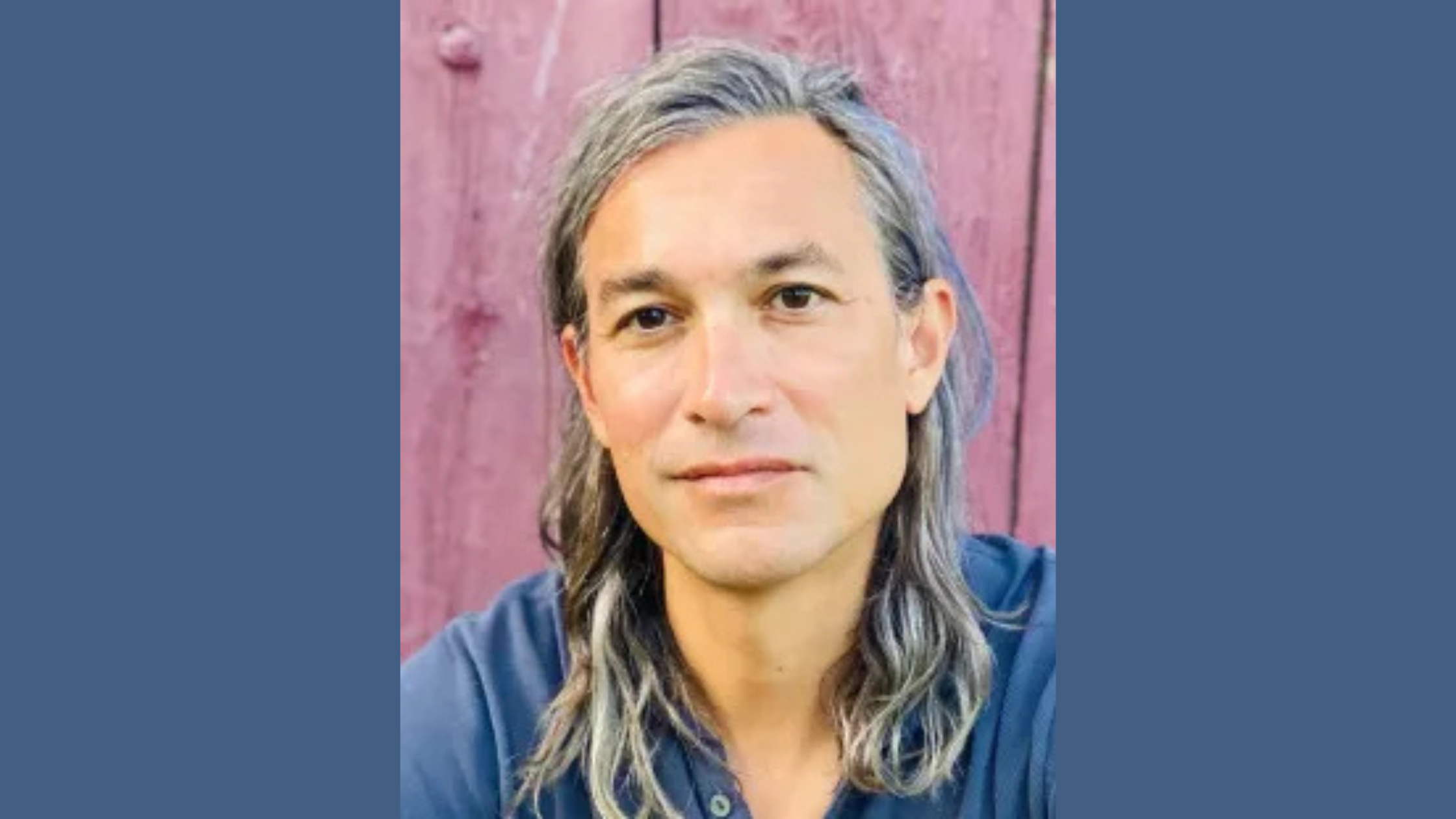Norman Ohler on the Forgotten Members of the Resistance Movement in World War II

Norman Ohler’s The Bohemians: The Lovers Who Led Germany’s Resistance Against the Nazis brings to light two fascinating figures in Germany’s anti-Nazi resistance movement, Harro Schulze-Boysen and Libertas Haas-Heye. The two lovers began a passionate courtship in 1934 that soon led to a very unconventional marriage. As a student activist, Harro had long been a vocal critic of the Nazi party, and his outspoken dissent had caused him to be imprisoned and tortured by the Nazis for a brief time. Undeterred by his horrific treatment, he resolved to bring the Nazi Party down. As a member of Germany’s Air Force ministry, he funneled air strike plans to the Allies, and later was a key source of information surrounding Nazi atrocities to the Allies. He and Libertas quickly became key figures in the resistance movement, strategizing methods of amplifying the message of the resistance movement and bolstering support among their myriad networks, chiefly in the Bohemian community. Ohler’s The Bohemians is a rigorously researched account of Harro and Libetras’ dazzling lifestyle, transporting the reader from glittering cocktail parties in Berlin to clandestine Resistance meetings. Ohler’s work has been showered with praise, with The New York Times Book Review calling The Bohemians “a detailed and meticulously researched tale… that reads like a thriller.”
Can you begin by speaking about what kind of people Harrow and Libertas were?
I’m actually in a place, north of Berlin, maybe not unlike where Libertas grew up. Libertas came from an aristocratic, old-fashioned, old school German family, and grew up in the countryside like this, basically apolitical. A young girl who liked riding, poetry, and horseback riding. When she was nineteen or twenty, she moved to Berlin, which in itself is always a crazy town. When she moved, it was early 1933 when the Nazis had just taken power, so it’s an overpowering situation. We must also understand when the Nazis took over, nobody knew that they would start World War II and that they would kill six million Jews, six million Poles, and twenty million Russians. They were obviously a dictatorship from early on. It was noticeable that it was an authoritarian regime, but also the understanding of what is a democracy, what is the modern society we want to live in, was not as evolved as we have today.
For Libertas, it was kind of normal for her to live a normal life in Nazi Berlin. She had a good job at MGM, the American film studio. She had a fun time in this exciting capital of one of the big cities in Europe. She goes sailing in the summer of 1934 and meets this very good looking guy who doesn’t want to take off his shirt even though they’re alone on the boat. Eventually he does take it off and she realizes he’s shy not only because of her, but also he’s shy to show her his wounds. For her it must have been a mind-blowing moment. Suddenly she sees people are being tortured for having differing beliefs. Harro’s best friend had actually been murdered because he was half-Jewish. I would imagine that for her as a twenty-three year-old young woman from the countryside that this was a very challenging moment, a life-changing moment. I think that her story about how she then becomes a part of this very big resistance movement is fascinating.
And Harro’s the guy. He’s the motor, the driving force. He actually reminds me a little bit of my son. My son is four-years-old, but he just knows how he wants things to be. If it’s against his will, or if it infringes on his liberty, he rebels against it, and that’s exactly what Harro did. It was a natural impetus that was in him all this time, to work and fight for a free society. For him it was natural to have a free discourse to allow other opinions, to gain [insights] from different opinions. So when the Nazis took over he still saw it not as a positive thing, but an interesting thing, in the beginning, because there’s new energy now, there’s a new government. He thought, “Yeah they’re right wing but maybe we could all fight for our country and make it a good healthy strong place,” which was his impetus as a patriot—that’s what he was, he was a patriot rather than a Nationalist. But the Nazis obviously were not patriots, but Nationalists. They didn’t give a shit about the country, they were just concerned with their own view of the world which was a totally close-minded view. It was only a matter of time until Harrow must clash with this movement, and it only took two or three months until the worst things happened.
He was tortured in ‘33, [when] he was twenty-four I believe. What does a young guy do? In a way you’re in the prime of your life at twenty-four, intellectually you’re very busy and active. He was a writer, he wanted to continue to publish his magazine. I found his story extremely fascinating. How does he react to this world? How do they, together as a couple, emerge and evolve? What kind of people circle around them? What can you actually do against a dictatorship? What does it mean to resist? These are questions that are obviously very contemporary, and have to be answered in the historical context they live in, but these are questions that are interesting for you and me today. It’s fascinating to observe how they were doing it at the time.
After Harro was arrested and tortured, he worked for the Air Ministry. What was his goal in taking that job at the Air Ministry?
We’re talking here about a nonfiction book, so a nonfiction book is based on documents. There’s a letter to his parents where he writes, “Maybe I could have found better places to work in, but this is the safest place for me right now.” I believe that truly in the beginning, the Air Ministry was a safe haven because the Gestapo, who were still after him after they killed [his best friend] and tortured him, were still trying to get him to sign papers saying that it was a suicide. They were basically on his tail, so by joining the Air Force Ministry he was out of reach for the Gestapo, because the rule of law at the time was if you were an Air Force member you could not be charged or investigated or interrogated or harassed by the secret police.
So it was a safe place for him. I think this was his first motive. When German forces took part in a war theatre for the first time in 1936 with the Spanish Civil War and Harrow found out about this secret mission, he realized that his job at the German Air Ministry also delivered him secret or sensitive information. In a way he understood at this point that he could become what we would today call a whistleblower. I think that’s why he then pursued his career at the Air Ministry in order to step up. He wanted to become an officer to have even more access to sensitive information. As we learn later on, he actually used this sensitive information and gave it to the allies in order to create advantages for the Allies and disadvantages for Hitler.
When Libertas and Harro marry, that seems to be a political awakening for Libertas. When they team up together, how did that affect Libertas’ political world view?
She’s a core member of the group, but she’s one of the members that never gives a political statement. There’s never writing from her where she analyzes how bad the racist ideology of National Socialism is. She was in an intensive letter correspondence letter contact with Harro’s parents and there are writings where she tells Harro’s parents that she cannot stomach what’s going on around her anymore. I conclude from that that the way of life she wanted to live and that Harro and her were actually living, which was quite a free way of life within the dictatorship—they had friends, they had love affairs, they had parties, they were talking, they were dancing, they were singing. I think that this way of life, the Bohemian way of life, was important to her, was essential for her, because that was the way of life that she wanted to live and then write and make films. She wanted to be a poet. This urge to create and be an artist had to do with this way of life. Harrow and her both had the opportunity to live a Bohemian lifestyle within the dictatorship and out of this lifestyle came certain actions that they undertook in order to live the life they wanted to live.
Can you talk about what the Resistance looked like for Harro and Libertas?
They weren’t sure exactly what was the best way. We have to understand, and I think we understand it today, how brutal and well organized the system was, so it was not easy to resist. Even a joke about Hitler heard by the wrong people could be a death sentence. You could land in a concentration camp and never get out. What do you do against such a powerful system? They experimented with different strategies, one of which was leaking information to the Allies, but that was just one leg they were standing on. The other leg was informing their circle of friends within Berlin that there would be at one point in time a network of people within Berlin that would be against the system because they understood the system was racist and basically warmongering. They wanted to inform as many people as they could. That’s why they had the parties. The parties they had every other week in their large apartment in the center of Berlin was a form of resistance, because it was a place where people could talk freely, which had become a rare thing. My favorite act of resistance in a way is when they glued thousands of these posters, these stickers in Berlin 1942 which read “Lies, Gestapo, War, How Much Longer Will it Go?” [Protestors hung up the posters] disguised as lovers kissing. One person glues it. That to me sums up what they stood for. They did other things as well. They did leaflets. They hid friends who were in danger. It was a big mix of various actions and strategies.
Harro really knew the risk, because he had already endured torture by the Nazis. It’s amazing that he experienced that at such a young age and kept going. Probably the natural reaction would have been to learn the lesson and just behave or leave the country. But he took a different response, which is why I think he’s such an interesting character.
In the introduction you discuss how you take a novelistic approach to your material. Can you talk about how that approach intersects with your research process?
I don’t know if I would call him a mentor, but I listen to what he says, Antony Beevor, an English nonfiction writer and a really great guy. I told him about the Harro story and he loved it from the beginning. I told him that I was now writing dialogues so I could imagine the dialogues they were speaking. He said, “Oh my God, that’s the number one mistake to avoid. Don’t invent dialogue. That’s the worst thing you could do. If you start inventing dialogue, you’re already down the slippery slope of the weird world of fictional nonfiction. Your reader will never know, ‘Is it true now? Did they really say this? Was this scene invented?’” He said don’t invent anything. So I stuck to that, which made the writing of the book much harder obviously, but in a way it’s nice to have strict rules because you listen to them and if you think they’re the right rules, you get a better result.
I’m a novelist by heart, so I love to invent things, so I have to be careful not to invent. Inventing is great, but in this case I didn’t want to create another legend about Harro and Libertas. I didn’t want to turn them into heroes that they weren’t or role models that they weren’t. I just wanted to be as close to the facts as I could. But you still have to write a readable book. You have to walk a thin line—not inventing, but still telling a compelling story. In discussing this with Antony Beevor, we came to the conclusion that if, for example, Harro writes in a letter to Libertas Sentence A, then Sentence A could be used in a dialogue. That’s not a purist approach, but it’s an approach that I found plausible. Trying to figure out which rules to apply in order to get to the truth as closely as possible, while still keeping the style that I appreciate, which is the novelistic style, for me that was the literary challenge of writing this book.
What role has the library played in your life?
Actually an extremely important role. I do hope I can teach that to my kids. I brought my daughter into the libraries in Berlin and she really appreciates it. Now that my son is four years old he’s going to be the next one [to bring to libraries]. I grew up in a small town in Germany, so the library was a very normal place to go to. It was well stocked. I gained hours and days and weeks and months of reading pleasure from the public library in my home town in Western Germany. This continues to this day. I still go the library. Now I go more to university libraries. The big libraries in Berlin are university libraries, which are public in Berlin, which is a good thing. Anyone can go into a university library and research. I think that’s very helpful.
When I lived in New York in my early twenties, I lived in the Lower East Side, and there was a great public library in a very beautiful building on Second Avenue. It was a lot of fun to go to that library as well. It was also very well stocked. I found quite a few novels there. At the time I didn’t have a lot of money, it was cheaper to take it. As a young person, I took James Joyce’s Ulysses from the library and read it. That’s one of the pleasures of life in a democracy, you can go to the library.
This interview has been edited and condensed for clarity.
Tags: Norman Ohler









